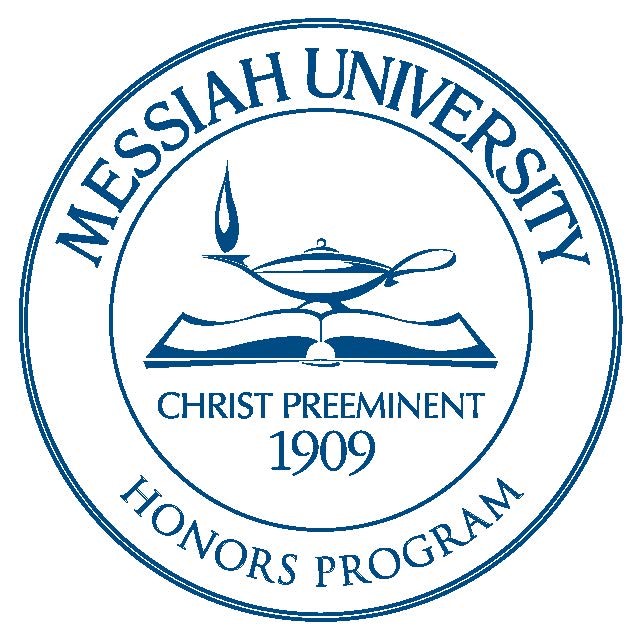Date of Award
2012
Document Type
Thesis
Department
Biological Sciences
First Advisor
Dr. Lawrence Mylin
Abstract
The results of this study are part of our ongoing effort to understand factors which control the efficiency with which tumor epitope-specific CD8+ T lymphocytes can control the progression of SV40 Tag-induced tumors in murine models. We wish to explore the requirement and role of SV40 Tag-specific CD4+ T cells in establishing and maintaining tumor control and regulating tumor-induced CD8+ T cell tolerance. We have recently identified residues 529-543 of SV40 Tag as a CD4+ class II epitope. Splenocytes from mice immunized with B6/K-1,4,5 cells were used to search for additional epitopes within SV40 Tag. Peptide immunizations were also used to compare the immunogenicity of two epitopes that induce CD4+ T cells responses: LT529-543 from SV40 Tag and LT678-690 from murine Polyomavirus Large T antigen (mPyT). While the mPyT LT678-690 peptide was shown to be strongly immunogenic within the context of mPyT viral infections by others (Lin et al., 2010), synthetic mPyT LT678-690 and SV40 Tag LT529-543 peptides induced similar, but low levels of active CD4+ T cells. Cells immunized with each peptide in combination with the HBV helper peptide showed a weak response to the SV40 Tag peptide when compared to the mPyT peptide. These results suggest that the lack of virus-induced immunity may limit the immunological potency of the mPyT 678-690 epitope, but that in the presence of a potent helper peptide, the mPyT peptide is about twice as potent an immunogen as the SV40 epitope.
Recommended Citation
Miller, Elizabeth A.; Hallowell, Benjamin D.; and Mylin, Lawrence M., "Comparing the Immunological Potencies of Two Viral Epitopes: LT529-543 from the Simian Virus 40 Large Tumor Antigen vs. LT678-690 from the Large Tumor Antigen of Murine Polyomavirus" (2012). Honors Projects and Presentations: Undergraduate. 143.
https://mosaic.messiah.edu/honors/143


